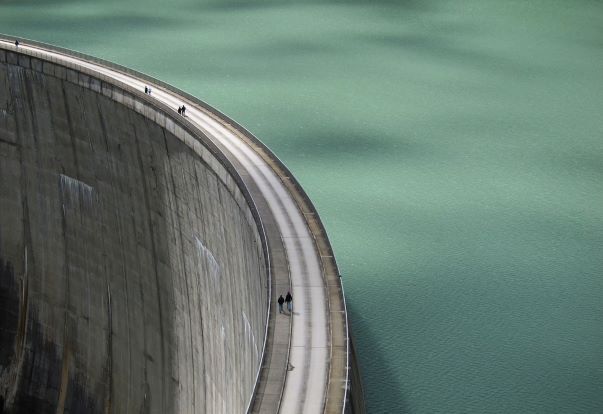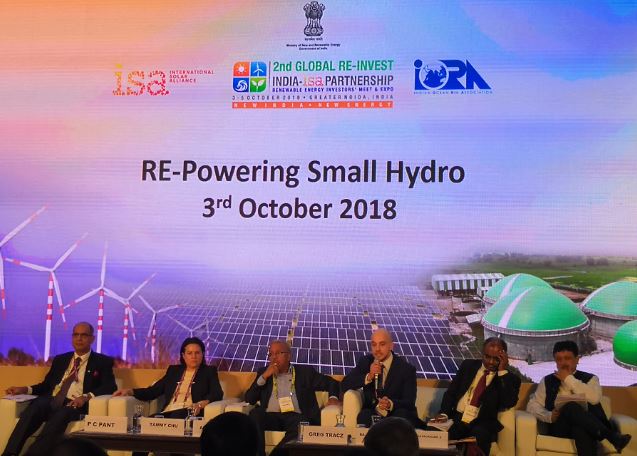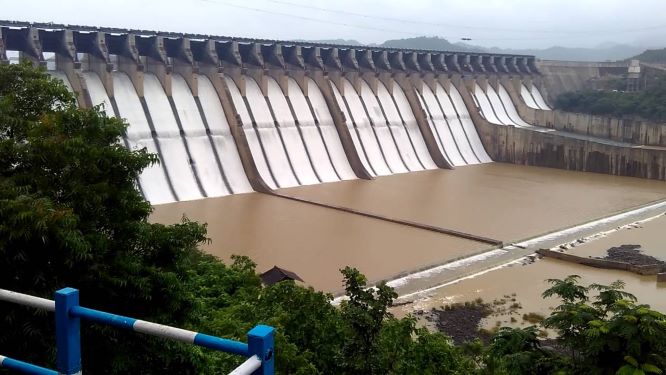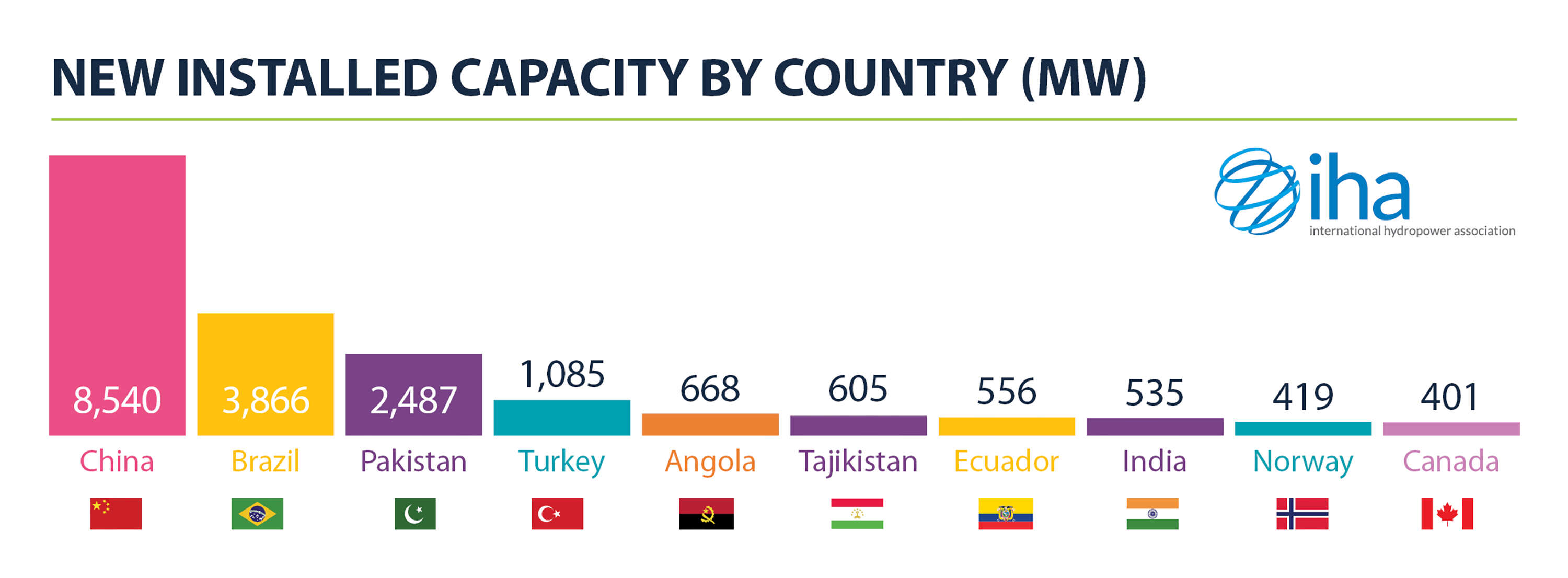MNRE Cancels CFA Support Proposals of 53 Small Hydro Projects
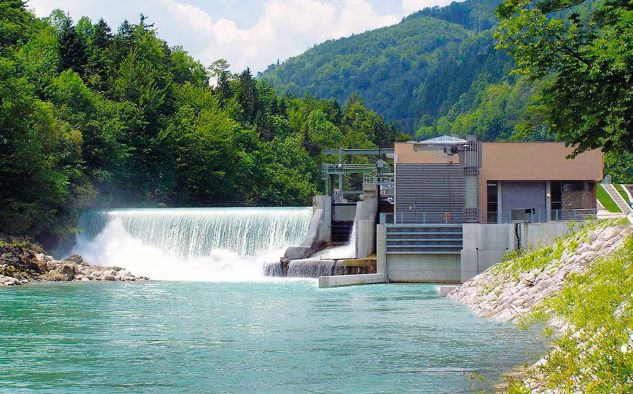 Hydropower Projects At Risk From Climate Change
Hydropower Projects At Risk From Climate Change
The Ministry of New and Renewable Energy (MNRE) has come forward and cancelled proposals submitted by about 50 private companies seeking Central Financial Assistance (CFA) for their small hydro-power projects. The ministry has closed the files pertaining to 53 such projects on the back of non-compliance of provisions in their schemes. Majority of them were in the state of Karnataka and the in Himachal Pradesh, both of the states facing water scarcity at present.
“It is further conveyed that no correspondence in this regard will henceforth be entertained, as the project developers had not submitted any progress report of their project execution after submission of application for providing CFA,” the ministry said in a communication to the companies.
The 53 proposals with a combined capacity of 438 Mw were submitted for projects across multiple states. Some of the big companies whose project proposals stand canceled as a result of the decision include Meenakshi Power, SRS Energy, Trident Power, Krishna Hydro Energy, Venika Hydro, Ramky Enviro subsidiary Chhatisgarh Energy Consortium and many more.
Small hydropower plants are those with power generation capacity of up to 25 Mw. India has an estimated potential of generating 20,000 Mw power from such projects. A bulk of this potential lies in the Himalayan states. The government is working on a plan to harness around half of this capacity over the next decade.
India’s Small Hydro Power (SHP) programme is mainly driven by the private sector investment. The CFA is provided for resource assessment and support for identification of new sites, setting up new projects, renovation and modernisation.
The news comes after a recent analysis which showed that India has lagged behind Pakistan with installed capacity of only 535 megawatt (MW) addition in 2018. But the recent action surmises that the ministry is taking into the reality of as many as 21 cities hurtling towards day zero including few in Karnataka and Himachal Pradesh. The decision seems intelligent as many Himalayan and peninsular rivers are recording major dip in volume and pre-monsoon showers are slower to come by. These factors are affecting the groundwater levels of many riparian states as well.

